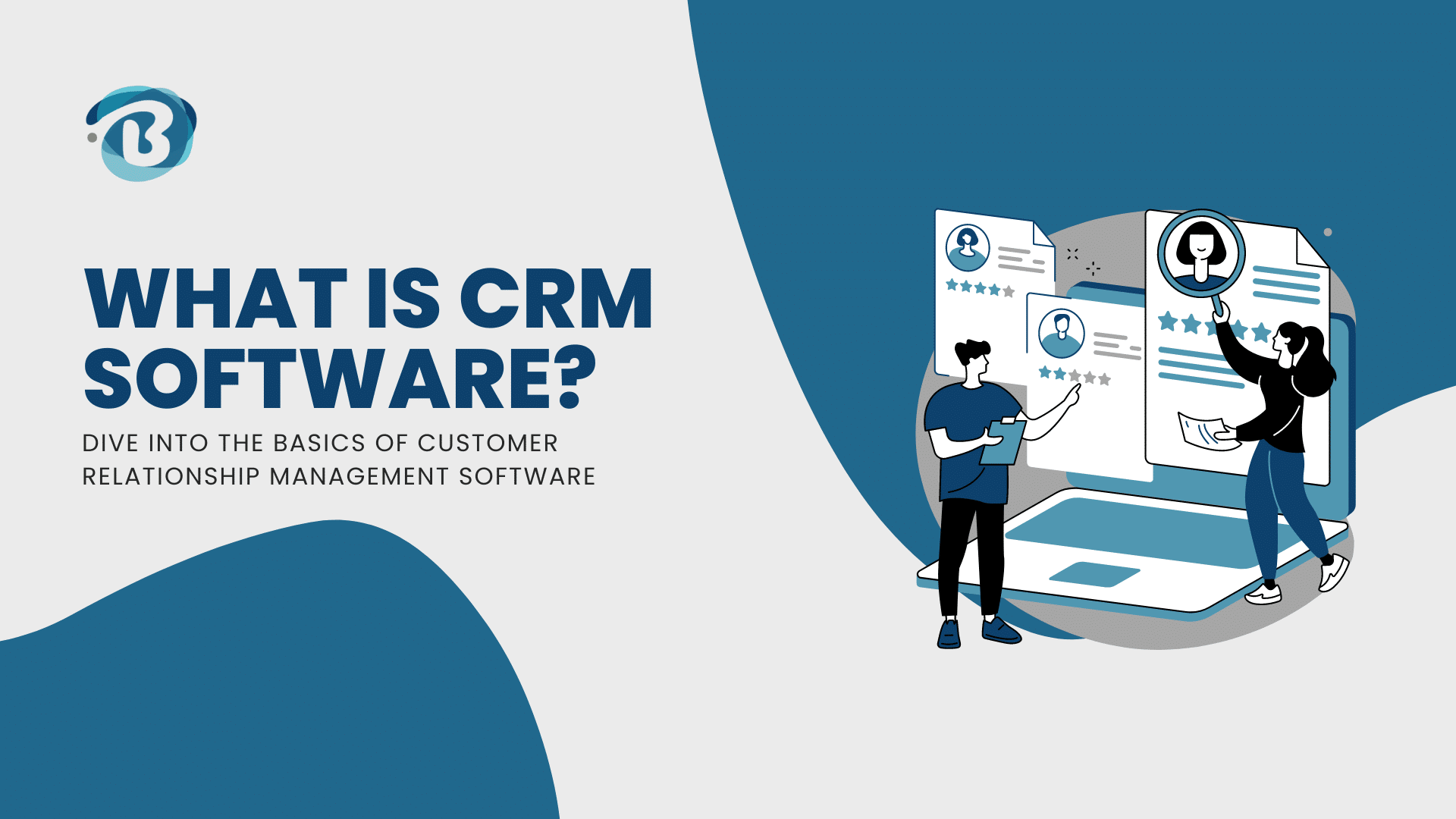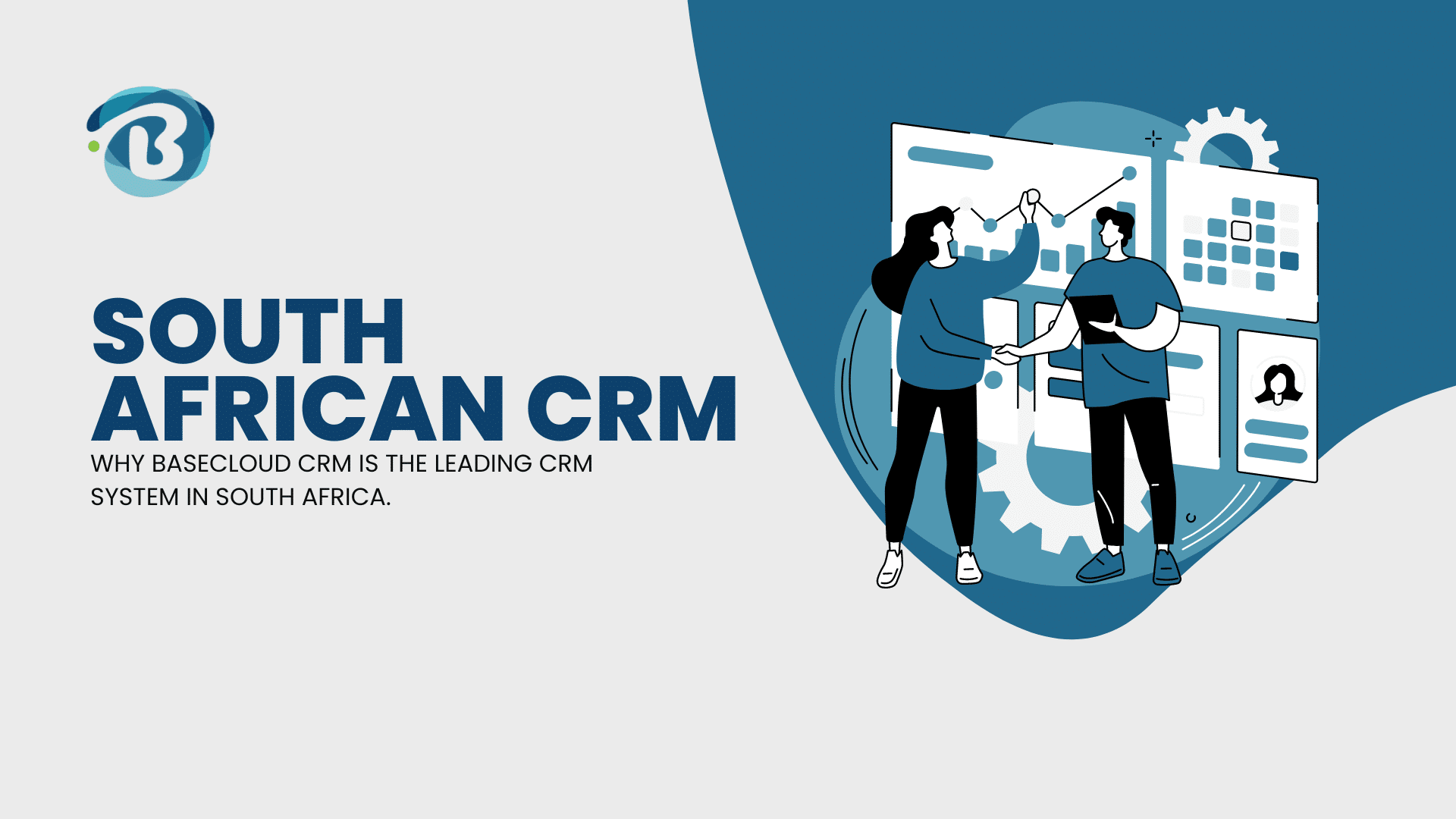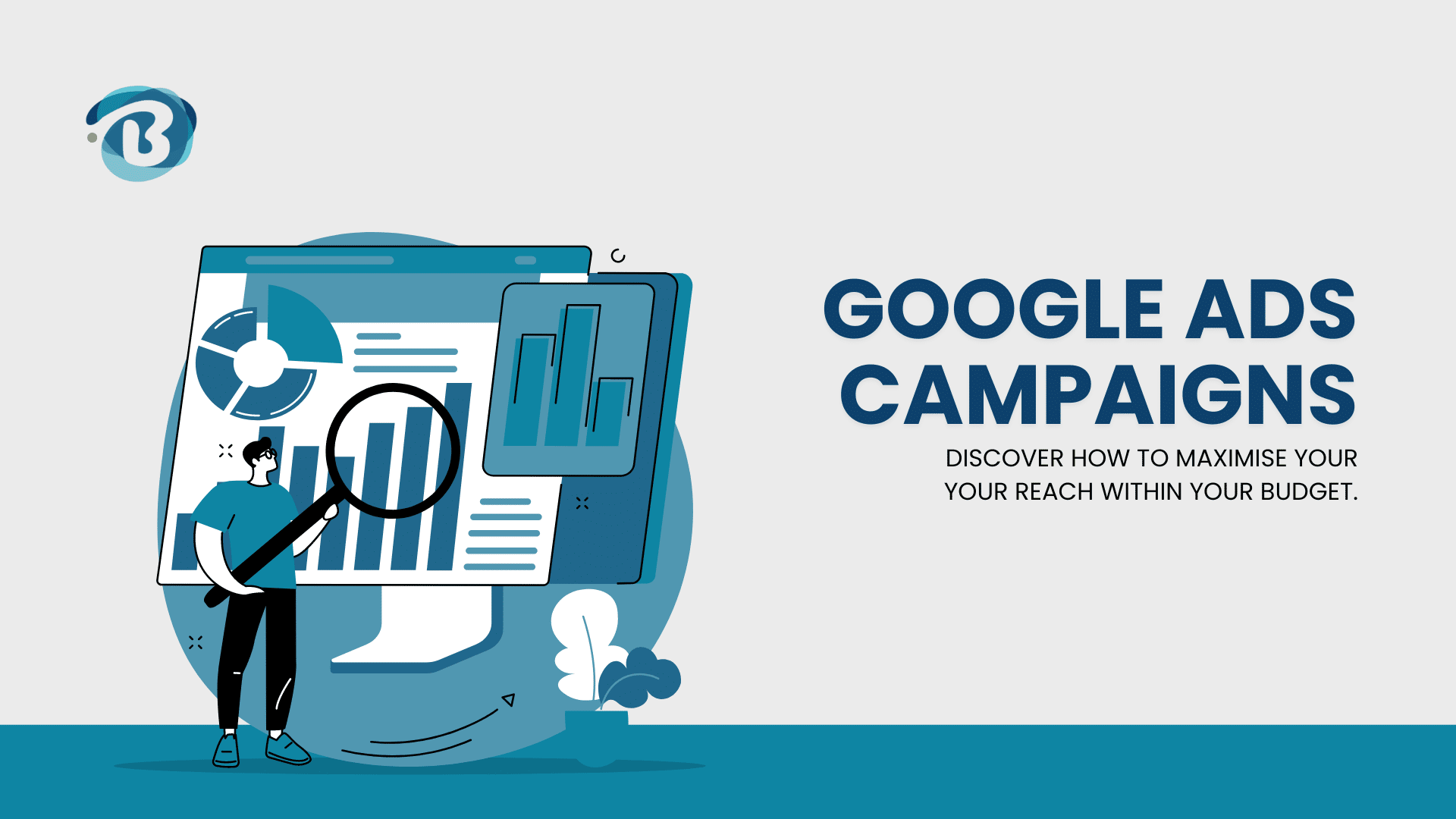CRM, or Customer Relationship Management software, helps business owners track all communications and nurture relationships with clients and potential clients.
It replaces the many spreadsheets, databases and apps that some businesses patch together to track client data.
What is the result of an effective CRM system? Better organisation, efficiency, better time management, and impressed clients.
What does CRM software do?
CRM software tracks customer contact information such as email, telephone, website, social media profile, and more.
Additionally, it can automatically collect other relevant information, such as recent news about the company’s activity or a client’s personal preferences on communications. All this information is organised and stored in a way that provides a comprehensive view of individuals and companies, allowing businesses to better understand their relationships with customers over time.
Using CRM software improves customer relationship management by creating a 360° view of the customer, capturing their interactions with the business, and providing the information needed to have better conversations with customers.
Why is having a CRM system important?
CRM enables a business to deepen its relationships with customers, service users, colleagues, partners and suppliers.
Forging good relationships and keeping track of prospects and customers is crucial for customer acquisition and retention, which is at the heart of a CRM’s function. You can see everything in one place — a simple, customisable dashboard that can tell you a customer’s previous history with you, the status of their orders, any outstanding customer service issues, and more.
If your business is going to last, you need a future strategy. For forward-thinking companies, CRM is the framework for that strategy.
How do different business functions benefit from having a CRM system?
Although CRM has been traditionally viewed as a sales and marketing tool, it can bring significant gains in other business areas, such as customer service, HR, supply chain, and partner management.
Below are ways that different business functions can benefit from using CRM.
Sales teams can use CRM software to understand their sales pipeline better
Sales managers can access reliable information about the progress of individual team members in achieving their sales targets, for example, and see how well individual sales teams, products and campaigns are performing.
Sales reps benefit from reduced admin, a deeper understanding of their clients, and the opportunity to spend more time selling and less time inputting data.
Marketing teams can use CRM to make forecasting simpler and more accurate
They can get clear visibility over every opportunity or lead and map out the whole customer journey from enquiry to sale, giving them a better understanding of the sales pipeline or prospective work coming in.
It’s also possible to include information from customers’ public social media activity – their likes and dislikes and their sentiments about specific brands and businesses.
Customer service teams can effectively track conversations across channels
A customer might raise an issue in one channel – say, Twitter or Facebook – but then switch to email, phone or live chat to resolve it privately.
Without a common platform for customer interactions, communications can be missed or lost in the flood of information – leading to an unsatisfactory response to a valued customer.
Supply-chain, procurement, and partner management teams can manage relationships better
They can track meetings with suppliers and partners, record requests, add helpful notes, schedule follow-ups and stay on top of expected next steps.
Reporting enables businesses to compare the efficiency of suppliers and so manage their entire supply chain more effectively.
The HR team can use CRM to accelerate recruitment and track employee performance
CRM can help the HR function by speeding up the onboarding process, automating the process of managing candidates, analysing resourcing needs and identifying skills gaps, and supporting the pursuit of staff retention targets.
Consider how convenient it would be to consolidate all the data streams from sales teams, customer service staff, marketers and social media—and translate them into actionable business information.
A CRM platform lets you manage these data streams across channels without losing track and gives an integrated view of sales, service, marketing, and beyond.
What are the different types of CRM systems?
Operational CRM systems
Operational CRM systems achieve this by providing tools and functionalities that support:
Sales Force Automation: Imagine a system that manages your sales activities, tracks leads through the sales pipeline, automates sales tasks, and provides sales representatives with the information they need to close deals more effectively. That’s what operational CRM systems do.
Marketing Automation: Streamlining marketing processes by automating repetitive tasks such as email marketing, campaign management, and lead generation activities. This helps in targeting potential customers more effectively and efficiently.
Customer Service and Support: Facilitating better customer service by managing customer inquiries, complaints, and service requests. This includes automating ticketing systems and customer service workflows and providing customer service representatives access to comprehensive customer histories.
The heart of operational CRM is the power to gather and analyse customer data across different interaction points. This data is the key to delivering a personalised and seamless customer experience. By understanding customer needs, preferences, and behaviours, tailoring their offerings and interactions to meet those needs more precisely creates a bond beyond a transaction.
Operational CRM systems are part of a broader CRM strategy, including analytical CRM (for data analysis and business intelligence) and collaborative CRM (for enhancing communication and collaboration among business units and external stakeholders).
Analytical CRM Systems
To gain a better understanding of customer behavior and drive desired outcomes, companies use analytical CRM processes such as data warehousing and data mining to review data in aggregate and gain insights.
These systems allow companies to use data like:
- customers’ interaction history
- customer preferences
contact information
Examples include:
Data Warehousing: Tools that consolidate data from multiple sources, providing a central repository for all customer information. This enables deep analysis of customer interactions across different channels.
Customer Segmentation Tools: Software segments customers into groups based on similar characteristics or behaviours, allowing for targeted marketing campaigns and personalised customer experiences.
Sales Analytics Platforms: Systems that analyse sales data to identify trends, forecast future sales, and determine the effectiveness of sales strategies.
Customer Lifetime Value (CLV) Models: Tools that predict the total value a customer will bring to a company over their lifetime, helping prioritise resources towards high-value customers.
Web and Social Media Analytics: Technologies that track how customers interact with a brand online, including website visits, social media engagement, and online purchasing behaviours, offering insights into digital marketing effectiveness.
By leveraging these analytical CRM examples, businesses can make informed decisions, tailor their marketing efforts, enhance customer satisfaction, and ultimately drive growth.
Collaborative CRM
Collaborative CRM systems can assist your marketing, sales, and customer service teams in cross-referencing customer interaction data.
This helps provide a complete understanding of each customer’s preferences and needs and how they prefer to interact with your organisation. Interaction management is an example of a collaborative CRM process that monitors customer communication across various channels. On the other hand, channel management utilises this data to help businesses decide how to engage with their customers.
Consider implementing this CRM if your employees work remotely or your customers primarily interact with your company digitally.
Here are some examples of collaborative CRM:
Multi-channel Communication Platforms: Enables customers to contact a business through various channels like email, social media, or live chat.
Customer Portals: Offer self-service options for customers to manage their accounts and access information.
Shared Databases: All departments can access a unified customer database, ensuring a cohesive understanding of the customer journey.
Feedback and Surveys: Tools for gathering customer feedback and conducting surveys to improve services.
Partner Relationship Management (PRM): Strengthens relationships with business partners through collaborative tools.
Social CRM Tools: Integrates social media management for real-time customer engagement and insights.
Integrated Messaging Systems: Facilitates internal team communication on customer issues for efficient resolution.
What is the CRM cycle?
Reach:
The marketing team drives brand awareness through effective audience segmentation and delivery of compelling campaigns and content.
Customer Acquisition:
Getting prospects to take a “next step”, such as downloading a document on your website, signing up for a webinar, or filling out a form.
Conversion:
Conversion occurs whenever a lead becomes a customer by completing a purchase, whether through the sales team or via self-service, like an online ordering portal.
Retention:
Once you have customers, you must ensure they stick around. Provide top-notch customer service and support to ensure that customers return to you repeatedly.
Loyalty:
This means more than repeat purchases. Your most loyal customers will expand their stake in your company. For example, they may upgrade to a higher service tier or buy a product that complements their original purchase. If you have a CRM system, you can help drive these upsells with customised recommendations.
Why should I invest in a CRM system for my business?
If you can clearly define a successful CRM story for your business, you’re on the right track. Other signs you should consider a CRM for your business:
Your sales team needs help knowing which leads to prioritise.
You need real customer data.
You need visibility into your sales team activity.
You spend more time putting together reports than you do analysing them.
You don’t know what’s next for your business.
Depending on the size of your organisation, you should also ensure you have buy-in from executives, a dedicated project lead, and (of course) a budget.
Can I grow my business using CRM software?
According to studies, implementing a CRM system can improve a company’s conversion rates by up to three hundred per cent. You can grow your business with a CRM, provided you select the best system aligned with your business needs.
How do I choose CRM software?
Your CRM system should speak to your business’s needs. Relevantness to your business is the main priority.
Next, your CRM software provider should take a hands-on approach to assisting you with software challenges and providing training to help you get the most out of the system you’re paying for.
Read more about choosing the right CRM software for your company here.
Are you interested in benefitting from a CRM system for your business as soon as possible? Contact us today to learn more about BaseCloud CRM, the most advanced CRM software in South Africa.




